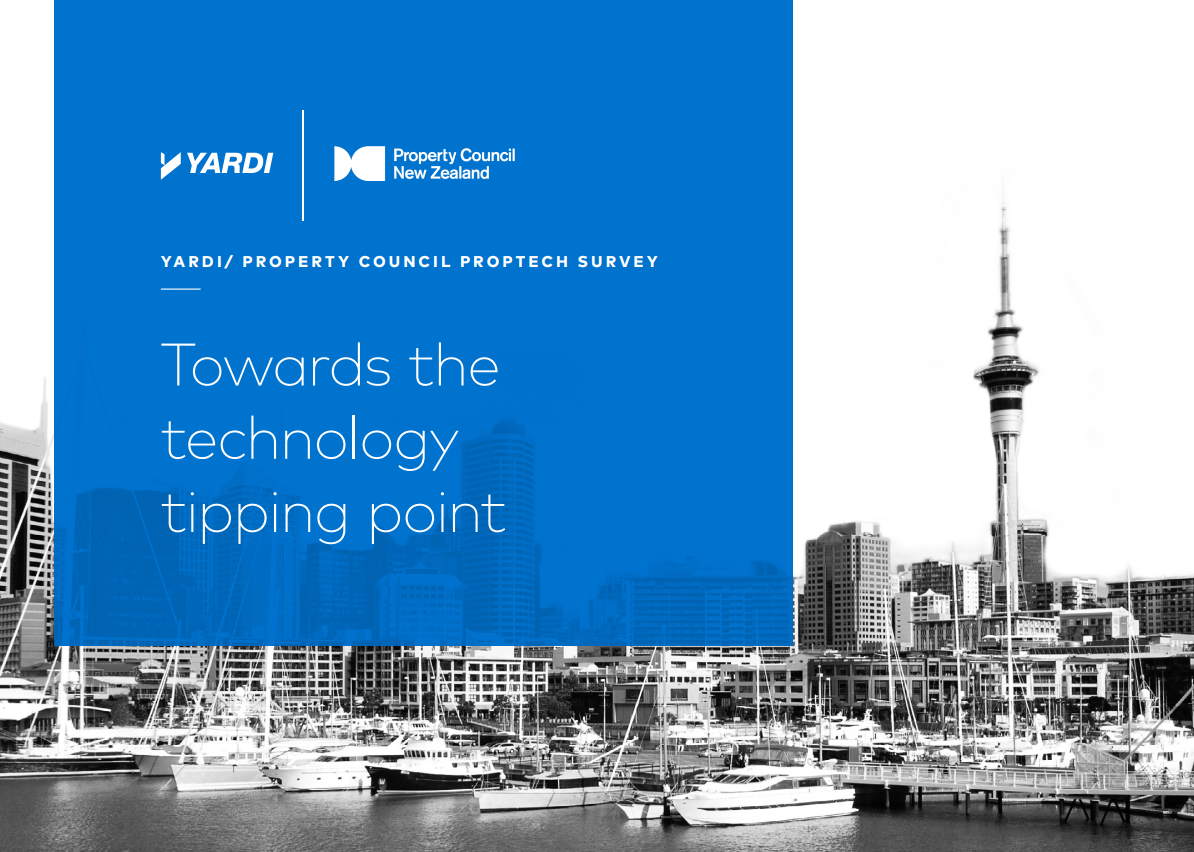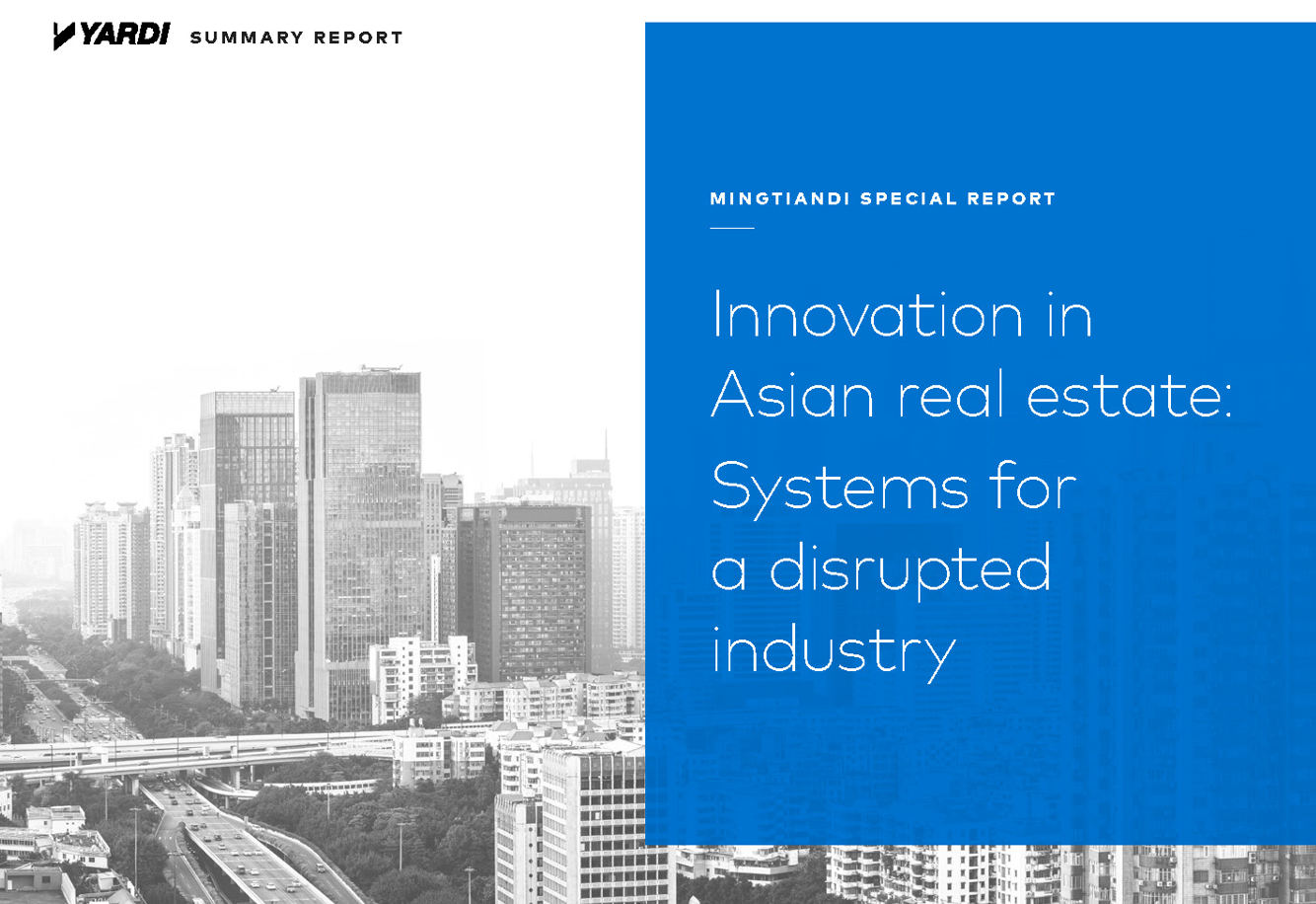Global

Introducing Yardi RISE
Earlier this year, Yardi began a new initiative in the UK called Yardi RISE. Fay Chester, regional director, and Amber Crighton, event planner, wanted to create a new event for women at Yardi to network, inspire and empower each other. The event focuses on four pillars: R – RecogniseDiscussing things that affect women in the […]
10 / 24 / 22

Educalise Association
Yardi is committed to supporting the community in every city where our offices are housed. Each year, the company distributes philanthropic aid to organizations selected by its employees. In 2021, Yardi offices supported more than 350 nonprofits worldwide. For the remainder of the year, we will be bringing you the stories of those organizations and […]

Proptech Disruption
After Jack Fitzgerald stumbled across the term ‘proptech’ he spent a sleepless night burning the midnight oil or more accurately, draining the battery on his phone. The technology that had transformed other sectors of the economy was coming for real estate. Fitzgerald, Hitachi’s Director of Smart Cities and Real Estate Tech, recently sat down with […]
07 / 12 / 22

Real Estate Roadblocks
Three things are holding back the world’s commercial real estate sector, says Kylie Davis, president of Proptech Association Australia. “Our commitment to Excel spreadsheets and filing cabinets and whiteboards,” are roadblocks to a real estate revolution. And this “very inefficient and expensive” commitment is holding real estate companies back from squeezing more value from assets […]
06 / 12 / 22

Al Noor Training Centre
Recently, the Yardi Middle East team, based in Dubai, took part in Al Noor Associations’ volunteer program. The centre offered exciting opportunities to engage in during the holy month of Ramadan for people to give back and help children and young adults. The Yardi team worked closely with people of determination including trainees placed in […]

ShelterBox Spotlight
Since 2015, Yardi has been a supporter of ShelterBox, a crisis response non-profit that assists globally in natural disasters, war zones and other crises. Last month, Yardi awarded ShelterBox a $100,000 grant to support the organization’s response to the war in Ukraine. The funds are being put to immediate use on three vital projects. Read […]

Human Touch Trumps Hype
Should we be snapping up land in the metaverse? Splashing out on virtual real estate? Should we jump onto the next big thing for fear of missing out? Or should the real estate sector be more skeptical about technology? These were some of the questions Yardi’s Bernie Devine and JLL’s Jordan Kostelac explored in the […]
04 / 28 / 22

Yardi Canada R&D
Last fall, Zach Scott, vice president of programming for Yardi Canada, provided our readers with an illuminative look at the role of his engineering team on Yardi’s most cutting edge product offerings. In the research & development realm, progress moves fast, so recently we brought Scott back for an update on project progress and current […]
04 / 27 / 22

Aid for Refugees
Yardi will contribute $1 million to the relief efforts of non-profit humanitarian aid organizations working to assist and support Ukrainian nationals displaced by the war between Russia and Ukraine. “We are heartbroken to see the events happening in Ukraine, and as we hope for swift peace, we will be doing everything we can to help […]

YASC GLOBAL
Yardi held three days of educational online programming for clients March 8-10. This year’s digital Global Yardi Advanced Solutions Conference (YASC) focused on how technology can help meet the needs of today’s real estate industry across multiple verticals. More than 15,000 Yardi clients worldwide attended the three day event, and viewed more than 300 classes […]

Innovation Acceleration
New Zealand’s property industry has accelerated its investment in technology in response to Covid-19 and embraced new systems and processes at a faster rate than its Australian counterparts, according to a new report. Despite this, six in 10 respondents to a survey conducted by the Property Council of New Zealand and software company Yardi still […]
03 / 17 / 22

Proptech Investment
More than three quarters of Australia’s real estate companies think technology will play a big role reshaping their portfolios over the next three years. Despite this, more than half of respondents to the second annual proptech survey by the Property Council of Australia and software company Yardi still depend on spreadsheets to assess the performance […]
03 / 14 / 22

4 Big Questions
What are the biggest, boldest questions that everyone in real estate needs to answer? Last year, guests on Yardi’s Proptech Insights program shared their secrets to navigating the complex proptech ecosystem. Bernie Devine, Yardi’s Senior Regional Director, asked a lot of questions – and our guests offered many insightful answers. But to kick off 2022, […]
03 / 11 / 22

Transforming the Tenant Experience
Over the last two years, the value equation in commercial real estate has continued to evolve. Four walls and functioning systems were once enough for tenants to sign long leases. Now experience is everything. Bricks-and-mortar is only as valuable as the experience it can deliver. This was one of the clear takeaways from the latest […]
02 / 18 / 22

Epic Disruption
Big data, artificial intelligence and business process automation may be real estate industry buzzwords, but property companies should start with small data. That’s the key takeaway from the latest Mingtiandi-Yardi proptech survey, which captured the insights of senior leaders from across Asia. Yardi and Mingtiandi first teamed up to track changing attitudes to proptech in […]
02 / 17 / 22
ENERGIZED FOR TOMORROW
We’re here to help
Do more with innovative Property Management Software and services for any size business, in every real estate market.